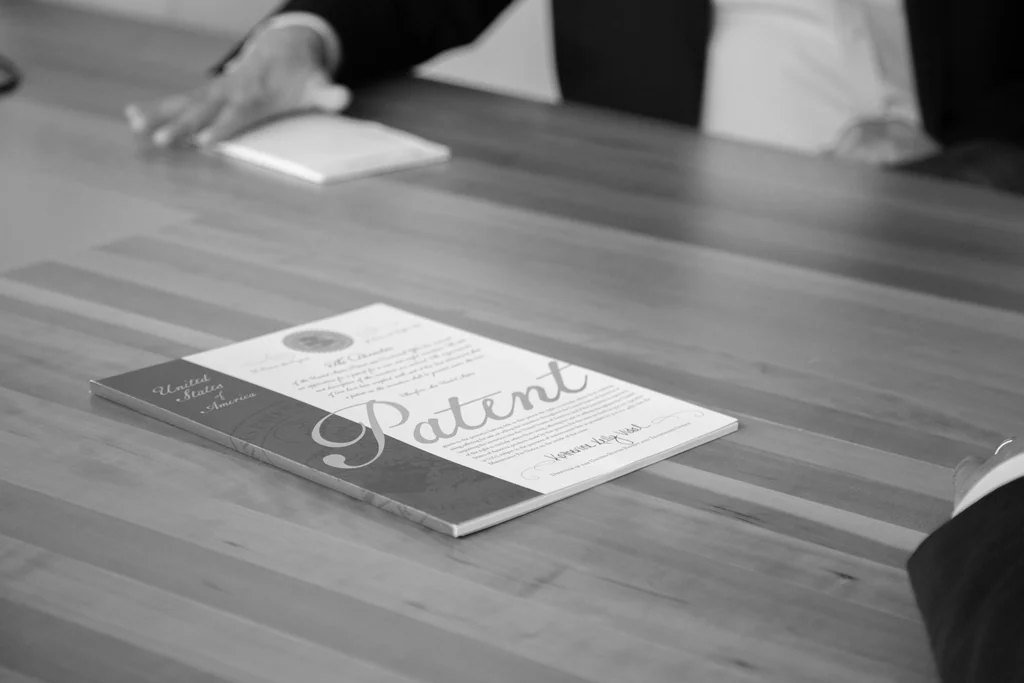Copyrights provide critical protection and legal rights for creators. When others infringe on these rights, the makers of the creative works can enforce their copyright and seek compensation for damages.
However, not all cases are this straightforward. Due to the nature of these disputes, they can quickly get quite complicated. And often, they can affect parties beyond the copyright holder and the infringer.
Parties who have a stake in these claims
Copyright infringement claims involve allegations that a party has reproduced, distributed or otherwise made available protected work without permission. Typically, others are benefitting from this act, like consumers of the infringed material.
A good example of this is the ongoing dispute between publishers in the U.S. and the Internet Archives. At the heart of the conflict is the Internet Archives’ service to allow users to take out multiple e-books simultaneously.
The publishers claim that this violates their copyright protections.
The case remains unresolved, but what readers can take away from it is the wide range of people affected by copyright infringement disputes. In this case, borrowers of e-books, schools, content creators, publishers, and libraries all have a stake in the outcome of the argument.
The benefits of staying out of court
Litigating copyright disputes can be unavoidable, but often, parties can find a solution without going to court.
This approach can be preferable for several reasons. Mediation and arbitration can be less expensive than litigation; they can be faster; they can allow parties to keep sensitive information off the public record.
Further, they provide the opportunity to find creative, cooperative solutions and agreements, which could be valuable in cases like the one discussed in this post. Rather than pitting parties against each other, alternative dispute resolution methods can identify solutions based on parties’ aligned interests. Ultimately, this could benefit everyone with interests in the result.
But whether you pursue a resolution to a copyright claim with aggressive litigation or alternative dispute resolution measures, reaching a fair outcome is critical for those with the most at stake – the creators. It allows them to protect their creative expression and seek remedies when someone wrongly profits off them.

